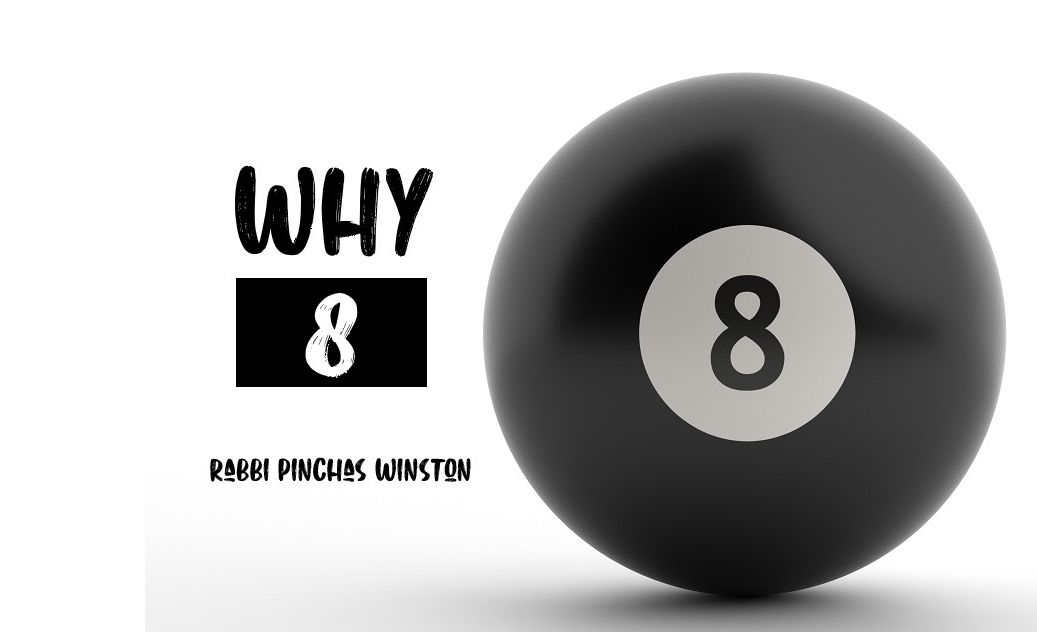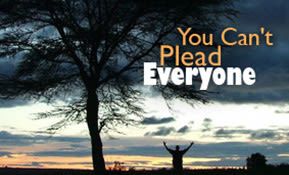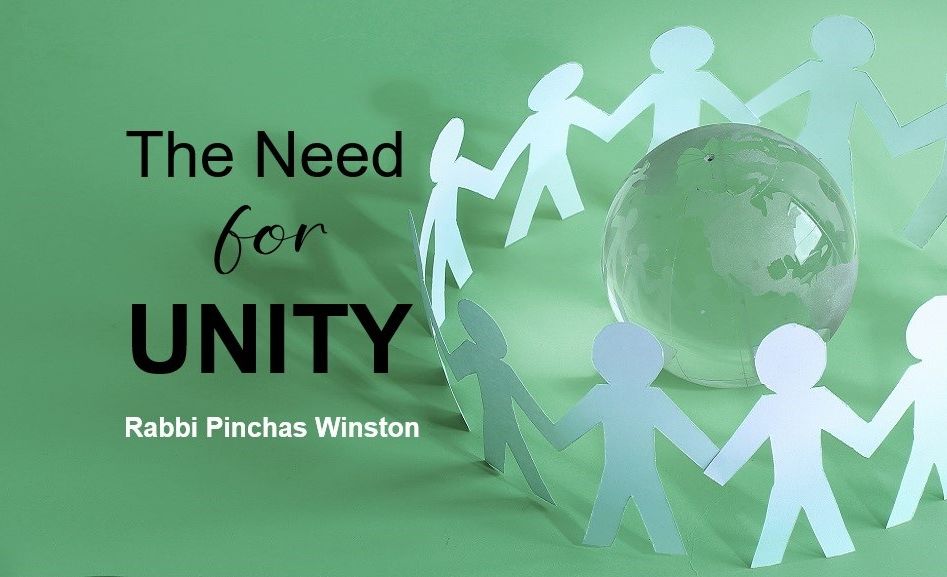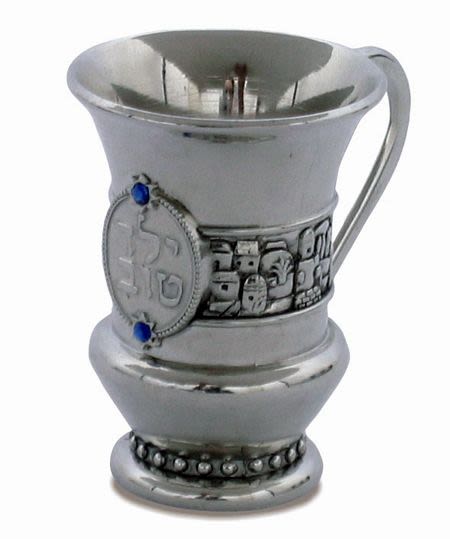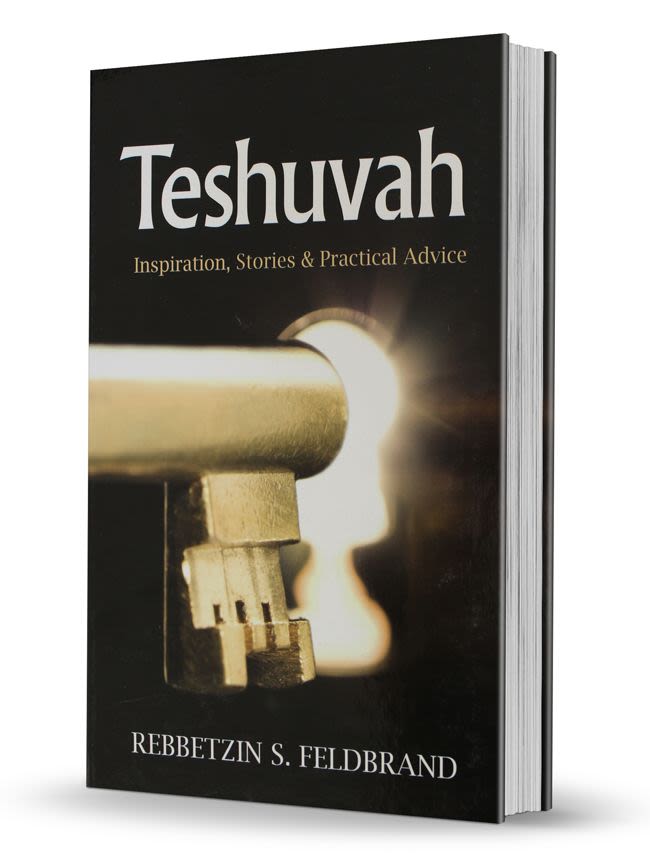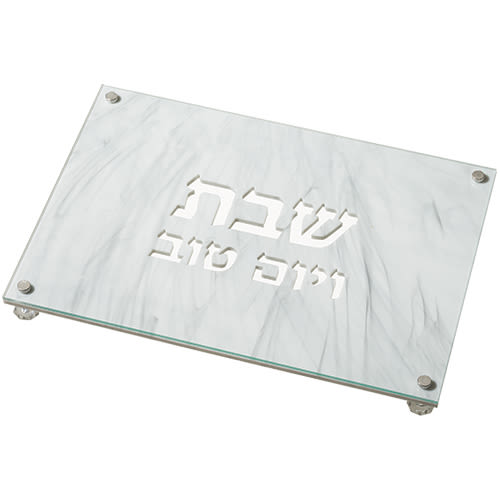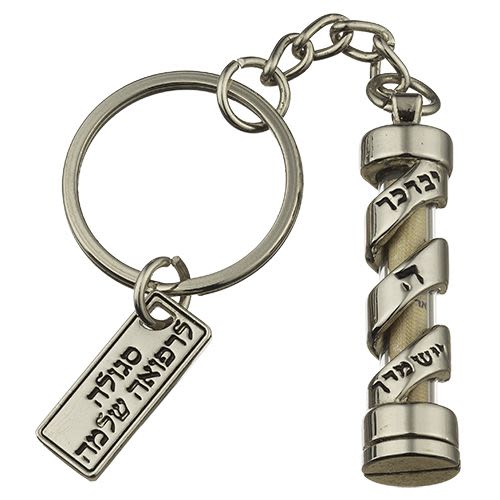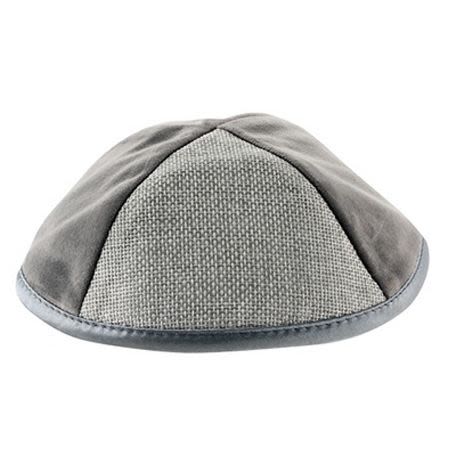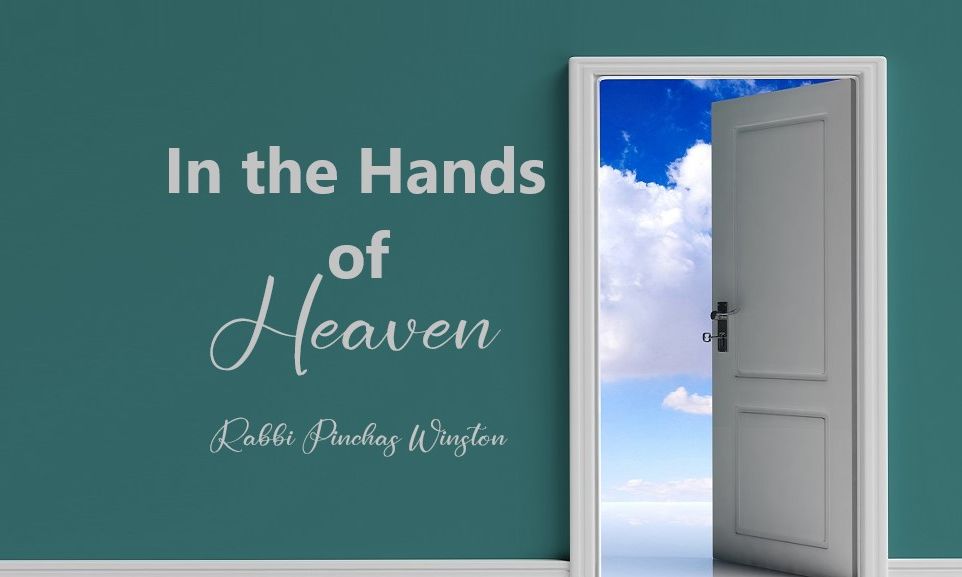
Noach: In the Hands of Heaven
Once a parent has done his or her very best to raise an upright child, and still the child doesn't fulfill all expectations, it is not a sign of failure…

ט אֵ֚לֶּה תּֽוֹלְדֹ֣ת נֹ֔חַ נֹ֗חַ אִ֥ישׁ צַדִּ֛יק תָּמִ֥ים הָיָ֖ה בְּדֹֽרֹתָ֑יו אֶת־הָֽאֱלֹהִ֖ים הִתְהַלֶּךְ־נֹֽחַ:
These are the generations (toldot) of Noach: Noach was a righteous man, perfect in his generation; Noach walked with G-d.(Bereishit 6:9)
After telling us that Noach found “chayn” in the eyes of G-d at the end of last week’s parsha, this week’s parsha comes back and praises Noach even more. However, it is amazing how what seems to be so simple at first is, in the end, quite complicated. As Rashi points out, the wording of the verse can be taken to mean one of two things: either Noach was righteous in spite of his generation, or, because of his generation. According to the former opinion, the Torah is praising Noach; according to the latter opinion, the Torah is criticizing Noach, albeit in an oblique way.
However, the most obvious deviation in the posuk is the way it skips over the names of Noach’s children and instead mentions Noach’s righteousness. Says Rashi:
“Because the main ‘descendants’ of a righteous person are his good deeds.” (Rashi)
The Ibn Ezra and the Radak interpret the word “toldot” to mean his “experiences” (which it often can), and therefore the posuk would be referring to all that is about to happen to Noach. However, the Ramban disagrees with this, because the events of one’s life are not in his control, and therefore cannot be called “his toldot.” For this reason, the Ramban leaves the verse in its literal form, referring to Noach’s real sons, Shem, Cham, and Yafet (whom are named shortly thereafter).
However, for the same reason, one can ask how one’s children can be called his “toldos” as well, based upon the following:
… What did The Holy One, Blessed is He, do? He brought suffering to Chizkiah, and then told Yeshiyahu, “Go and visit the sick,” as it says, “In those days Chizkiah became ill to the point of death; and Yeshiyahu son of Amotz, the prophet, came and said to him, ‘So says Hashem, L-rd of Hosts, “Command your house for you shall die and not live.” (Yeshiyahu 38:1).’ What is meant by “you shall die and not live”? You will die in this world, and you will not live in the World-to-Come. “Why do I deserve such a severe punishment?” asked Chizkiah. “Because,” answered Yeshiyahu, “you have not had children.” “But I saw through ruach hakodesh (Holy Spirit) that I would have evil children.” “What business have you with kavshei Rachmanah (G-d’s hidden plans)?” (Brochos 10a)
Because Chizkiah, with the help of prophecy, was able to see the evilness of his potential progeny, he took the safe route and avoided marriage and having children. However, as the Talmud points out elsewhere, “The world is made for procreation” (Arachin 2b), and Chizkiah was taken to task for his decision. G-d’s response to Chizkiah: “Your job is to have the children and to raise them the best you can. What they will end up being like, however, will be My decision in the end, based upon the needs of creation.”
This does not absolve parents from pouring their hearts and souls into raising physically, intellectually, and spiritually healthy children. However, it does mean that when a parent has done exactly this, to the best of his or her ability and opportunity, and still the child doesn’t fulfill all expectations, it is not a sign of failure. There is a greater Force at work, even in child-rearing, and one must live with that reality if one is to be a successful and healthy parent as well!
Perhaps this is why Rashi chose to interpret the word “toldot” as “good deeds.” In the end, our personal good deeds are the only real “descendants” that we give birth to and have control over, in terms of outcome. This is the underlying premise of:
All is in the hands of Heaven except for fear of Heaven. (Brochot 33b)
The results are in G-d’s hands–but our attitude at any given moment in time is completely our own, based upon what we have become in the course of time.


